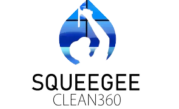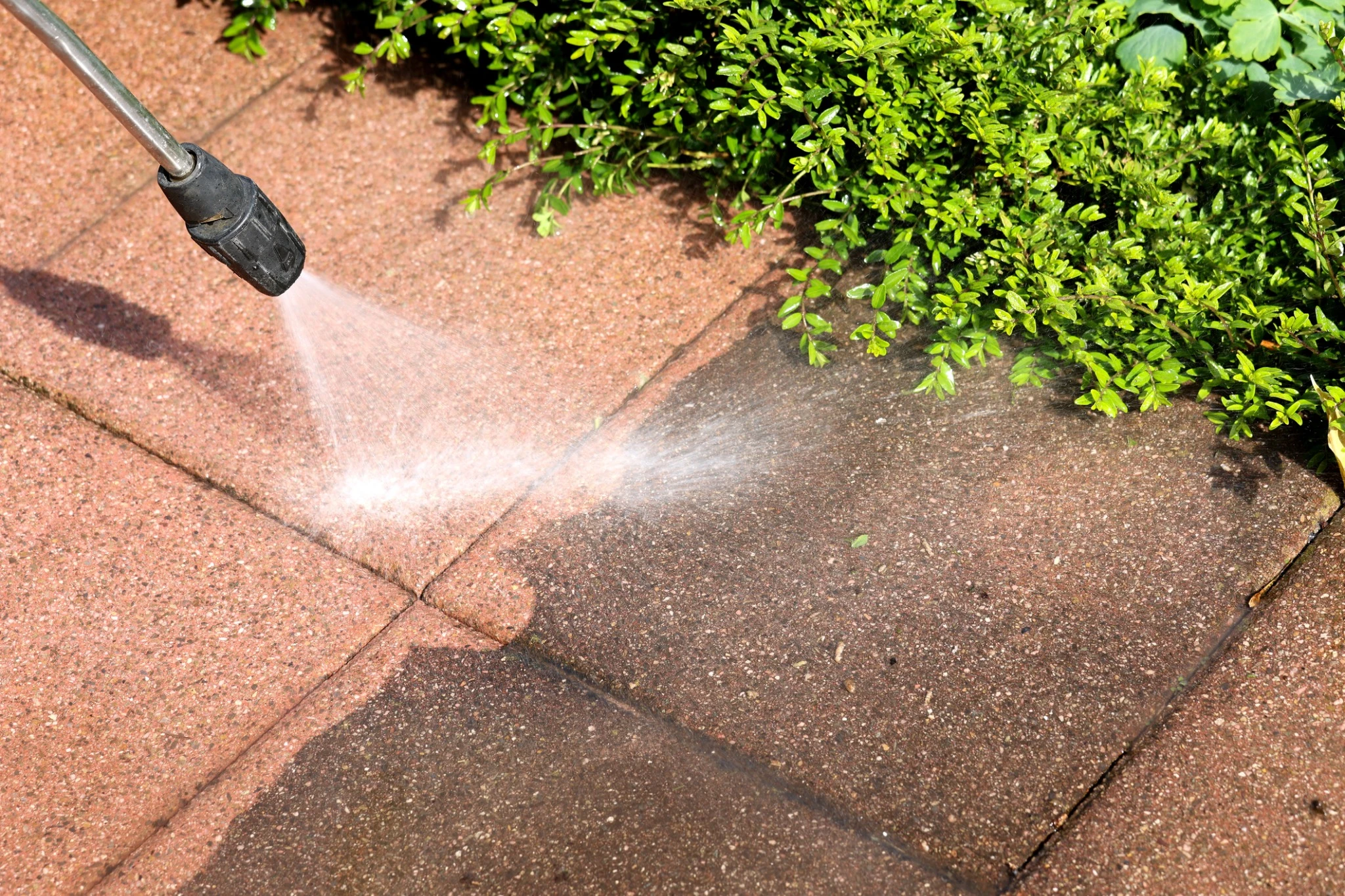Pressure Washing vs. Soft Washing
When it comes to cleaning your home or business, understanding the difference between pressure washing and soft washing is crucial.
Both methods use water to clean surfaces, but they have unique advantages depending on the job at hand. In this blog, we’ll explore the key differences, the pros and cons of each method, and when to use them for the best results.
What Is Pressure Washing?
Pressure washing uses high-pressure water to remove dirt, grime, and stains from various surfaces. Pressure washers come with different PSI (pounds per square inch) ratings, which determine the force of the water. This powerful cleaning method is commonly used for cleaning driveways, decks, fences, and even brick surfaces.
The key to using a pressure washer is knowing how much pressure to apply. Too much pressure can damage surfaces like wood or siding, while too little won’t remove the dirt effectively. Proper technique and equipment are essential to avoid damaging surfaces.
How to Pressure Wash Effectively
If you’re wondering how to use a pressure washer or how to pressure wash a house, the steps are relatively simple. Begin by attaching the right nozzle to your pressure washer. For heavy-duty cleaning like concrete driveways or decking, a higher PSI might be necessary, while softer surfaces require a gentler approach.
Be sure to use the correct pressure washer nozzle and adjust the PSI according to the surface you’re cleaning. Always start from a distance to ensure you’re not causing any damage. To clean areas like fences or stucco, it’s best to use a lower PSI, as high pressure can cause splintering or cracks.

What Is Soft Washing?
Unlike pressure washing, soft washing uses a low-pressure water stream combined with special cleaning solutions to remove stains, algae, and mold from delicate surfaces. This method is ideal for roofs, exterior walls, and areas that could be damaged by the high pressure of a standard pressure washer.
Soft washing is particularly effective when cleaning roofs or houses, as the chemical solutions break down dirt and grime without causing any harm to the surface. The use of a gentle stream ensures the integrity of materials like shingles, siding, and paint.
How Does Soft Washing Work?
Soft washing works by using a blend of eco-friendly cleaning agents that target tough stains like mold, mildew, and algae. The solution is applied using a low-pressure stream, allowing the chemicals to penetrate and break down the contaminants. It’s an effective cleaning solution for roofs, stucco, and even painted surfaces.
When you ask what does soft washing do, the answer lies in its ability to clean and sanitize delicate surfaces without damaging them. Whether you’re looking to soft wash a house or a roof, this method provides long-lasting results that protect your investment.
Pressure Washing vs. Soft Washing: Which One Is Better for Your Home?
So, is soft washing better than pressure washing? It depends on the surface and the cleaning requirements. Pressure washing is ideal for tough, durable surfaces like concrete, driveways, and decks. It’s effective at quickly removing dirt, grime, and stains. However, soft washing is the better option for more delicate surfaces, especially if you’re cleaning roofs, painted walls, or wooden decks.
Pros and Cons of Pressure Washing and Soft Washing
Pressure Washing: Pros
- Effective for cleaning large, tough areas like driveways and concrete.
- Removes stubborn stains and dirt quickly.
- Ideal for surfaces that can withstand high pressure.
Pressure Washing: Cons
- Can damage delicate surfaces if not used correctly.
- Not suitable for roofs or soft materials like stucco or painted surfaces.
Soft Washing: Pros
- Gentle on surfaces, preventing damage to delicate materials.
- Removes algae, mold, and mildew effectively.
- Ideal for cleaning roofs, siding, and fences.
Soft Washing: Cons
- Not suitable for tough, hard surfaces like concrete or brick.
- Requires more time for drying due to the cleaning solution.

Can You Use a Pressure Washer for Painting?
If you’re wondering can I use a pressure washer for a painter, the answer is yes, but with caution. Pressure washers can be used to clean and prep surfaces before painting. However, you should never use a high PSI on painted surfaces, as it could cause the paint to peel off. Instead, use a soft washing method for a gentler approach if you’re dealing with sensitive surfaces.
How to Start a Pressure Washing Business
If you’ve ever considered starting a pressure washing business, it’s important to understand the differences between pressure and soft washing. Many clients may ask for both services, so offering both methods can help your business attract a wider range of customers.
Is It Better to Pressure Wash or Soft Wash a Fence?
When it comes to cleaning a fence, it’s essential to consider the material. Wood fences should always be soft washed to avoid splintering, while metal or concrete fences may benefit from pressure washing. It’s all about choosing the right tool for the job!
Final Thoughts
Both pressure washing and soft washing have their place in home maintenance. Choosing the right method depends on the type of surface and the level of cleaning required. By understanding the benefits and limitations of each technique, you can make the best decision for your home or business.
Whether you’re looking to clean a driveway, roof, or deck, knowing the difference between these two cleaning methods will help you achieve the best results without causing damage.


